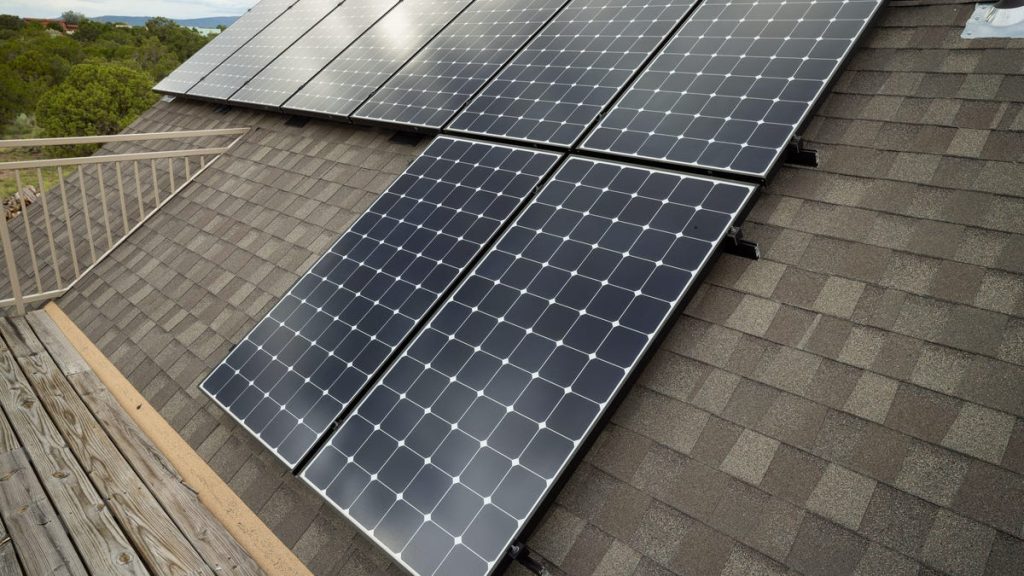With power outages becoming more common, electricity costs rising, and environmental concerns mounting, residential solar power is becoming increasingly appealing. However, the main question that arises is the cost of installing a solar panel system, which can range from $15,000 to $50,000. Various incentives such as federal tax credits, state and municipal government tax credits, tax exemptions, rebates, and other incentives can help reduce these costs. Factors such as wattage per panel, panel efficiency, energy consumption, panel size, peak sunlight hours, roof condition, and personal energy needs all play a role in determining how many solar panels are needed.
Calculating the number of solar panels you need involves determining your desired energy production, the wattage of the panels you plan to install, and the number of peak sunlight hours your home receives per day. Factors such as your home’s monthly energy consumption, peak sunlight hours, solar panel power output, and energy production required per day are taken into account in this calculation. Consulting with a professional solar installer certified from the North American Board of Certified Energy Practitioners is recommended to assess specific circumstances and provide a tailored solution.
Other factors that affect the number of solar panels needed include solar panel wattage, output efficiency, production ratios, panel size, hours of sunlight, shade, state or city incentives, risk of power outages, and roof type and condition. The average cost for a home solar panel system is around $3 to $4 per watt, with a 5-kilowatt system costing $15,000 to $20,000. Considering factors such as annual electricity usage, personal solar goals, and budget will help determine how many panels can be added to a home. Whether the goal is to be entirely off the grid, reduce energy bills, or lower carbon footprint, these factors play a role in the decision-making process.
Solar panels have the potential to power an entire house, depending on variables such as roof size, pitch, orientation, panel size, shade, output efficiency, wattage, and current and future energy usage. Solar panels can also help run an air conditioner, but the number of panels needed will depend on the energy consumption of the AC unit. Consulting with a solar installer is recommended to get a better idea of how many panels are required to meet specific energy needs.












